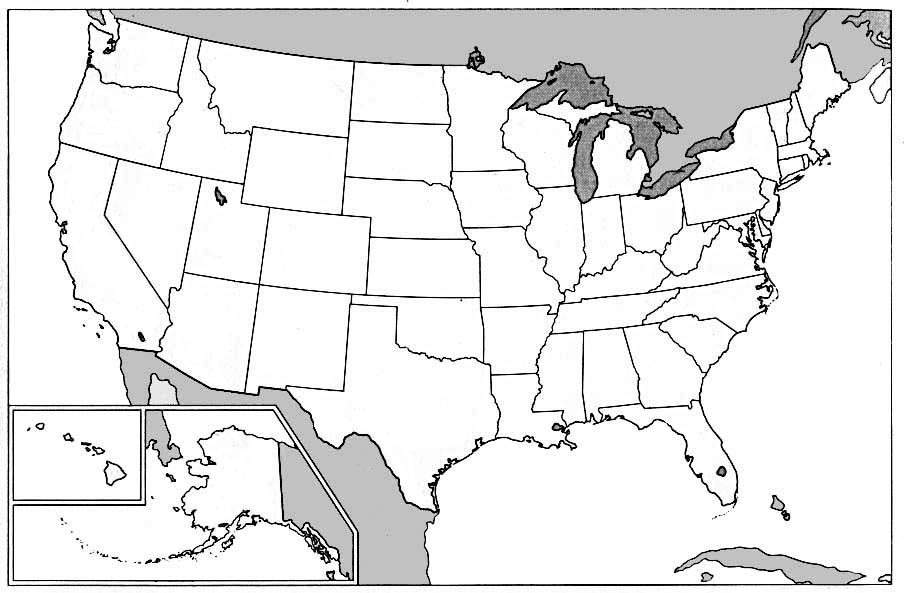The American public is bombarded with poll numbers on a regular basis. The mainstream media tends to take the average of all these polls and then try to draw conclusions from that average. In theory, this may sound like a sound solution to ensure that partisan polls do not sway the average (since both liberal polling organizations and conservative polling organizations would be included, and therefore would cancel each other out). The problem with this is that, in my opinion, it gives those partisan polling organizations more credibility than they deserve.
For example, conservatives tend to point to polls done by Rasmussen Reports. I consider this to be a partisan polling organization because Scott Rasmussen was a paid consultant for George W. Bush's re-election campaign in 2004. Along with that, their polls tend to favor Republicans or conservative positions on issues in almost every poll they conduct, even when other polls show a Democrat or liberal positions on issues as being ahead or show a tie. Therefore, I do not trust polls conducted by Rasmussen Reports as being truly non-partisan.
Another example is when liberals tend to point to polls done by Public Policy Polling. I consider this to be a partisan polling organization because it was admittedly founded by a well known Democratic pollster and words many of their questions in a blatantly partisan way. Along with that, their polls tend to favor Democrats or liberal positions on issues in almost every poll they conduct, even when other polls show a Republican or conservative positions on issues as being ahead or show a tie. Therefore, I do not trust polls conducted by Public Policy Polling as being truly non-partisan.
One of the most accurate ways to find out how a particular race or issue is polling is by going to Pollster. This website lets you choose which polls to include in a chart of a particular issue or race. This website also provides clues as to which polling organizations are partisan and which are not. Polling firms with a (R) next to them are Republican leaning, and polling firms with a (D) next to them are Democratic leaning. This website allows the public to filter through all the spin that comes with so many polls, and get down to the non-partisan truth.
A perfect example of how partisan polls can make a difference in the overall average is the Job Approval numbers for President Obama (or any President since George H.W. Bush). If you take all Rasmussen Reports polls out of the average, the approval number jumps like 6% to 7%. If you take all Public Policy Polling polls out of the average, the approval number dips like 4% to 5%. Since most polling organizations conduct this poll every 3 days or so, taking an average is truly the best way to see a true trend.
In addition, I would also warn people to not trust polls conducted on the internet. Since the sample is largely dependent on where the polling organization puts their polls. In other words, the sample is not random, as it is with other types of polling.
In order to help readers decide which polling organizations are reliable, I have decided to make a list of those which I consider to be reliable. These are not in any particular order. I am using the list of polling organizations that Pollster uses for Job Approval Ratings for President Obama. I am picking non-partisan polling organizations from that list.
1. ABC/Post
2. AP-GfK
3. CBS/Times
4. CNN
5. Gallup
6. Ipsos/Reuters
7. NBC/WSJ
8. NPR
9. Newsweek
10. Pew
11. Quinnipiac
12. Time
13. USA Today/Gallup
14. Times/Bloomberg
15. InsiderAdvantage
16. SurveyUSA
Subscribe to:
Post Comments (Atom)

No comments:
Post a Comment